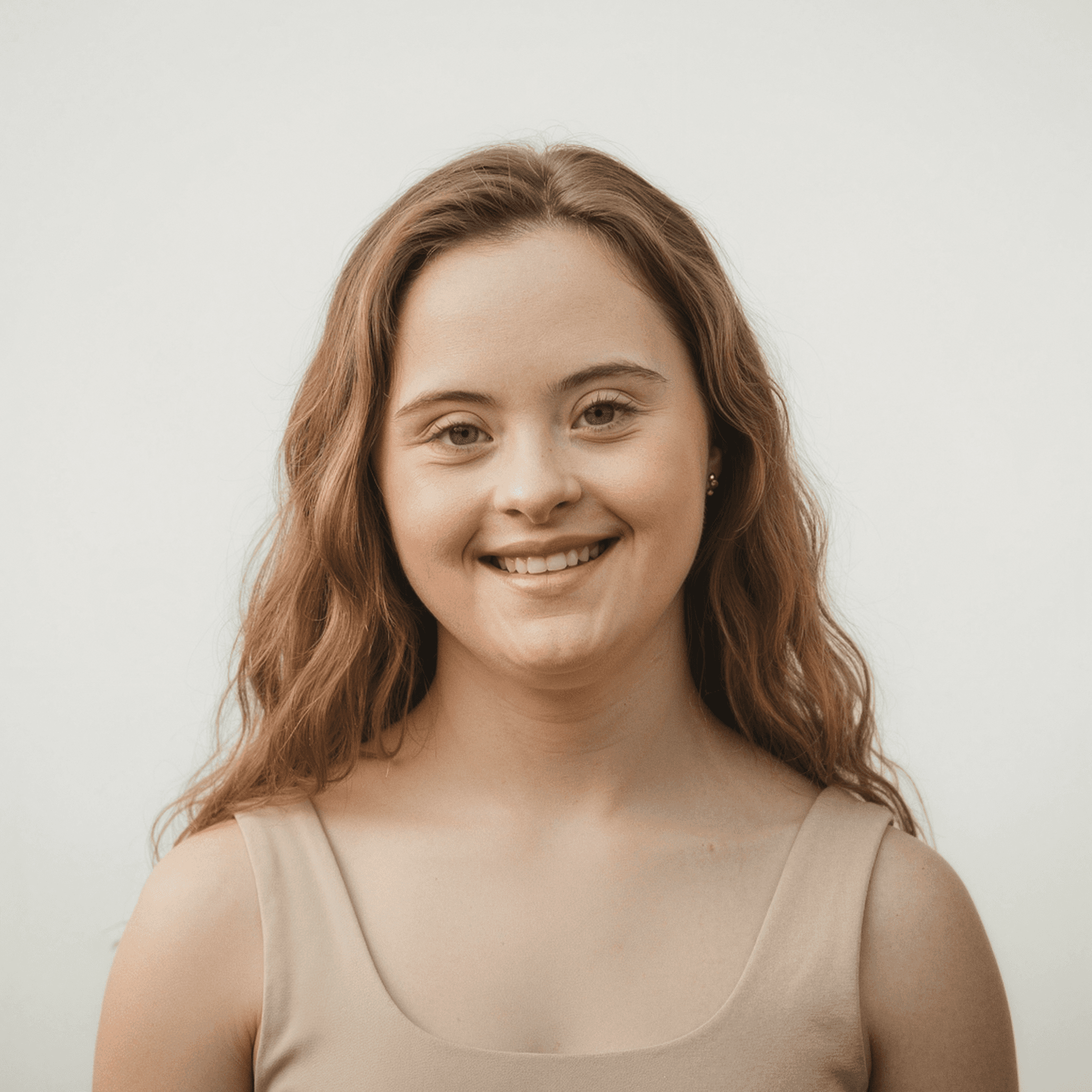
October 13, 2025
Key Takeaways:
The Challenge of Authentic Representation
Achieving true diversity and inclusion in fashion marketing has long been a significant challenge for brands. Historically, sourcing models across a wide spectrum of ethnicities, ages, sizes, and abilities has required expensive and logistically complex photoshoots. Despite growing consumer demand for inclusivity, this remains a persistent issue; even in 2025, white models still account for over 50% of major campaign bookings, and models of color remain underrepresented. This gap between consumer expectation and industry reality makes authentic representation a key differentiator.

Generative AI: The Solution for Effortless Representation
Generative AI technology provides a powerful solution to these long-standing barriers. It allows brands to effortlessly generate digital models that reflect all ethnicities, body types, ages, and gender expressions. This means brands can instantly scale up their inclusive visual content, bypassing the high costs and logistical hurdles of physical casting. AI models can represent a vast spectrum of human appearances, making it possible for fashion campaigns to offer authentic representation tailored to diverse global audiences at a fraction of the cost of traditional methods.
Discover other ways generative AI can help brands.
The Business Impact of Inclusive Marketing
Data proves that inclusive marketing is no longer just an ethical choice but a critical driver of business growth. According to Kantar's 2024 Brand Inclusion Index, 80% of people worldwide value diversity and inclusion when making purchase decisions. Brands that have successfully implemented a holistic approach to inclusion have seen a 4.4% sales increase year-over-year. This trend is embodied by pioneering brands known for their inclusive ethos, such as Eileen Fisher in the US and Make My Lemonade in France. Inclusive imagery not only builds stronger consumer trust and brand loyalty but also directly impacts conversion rates, yielding measurable growth.

The Best Solution for This Use Case: Veeton
Recognizing this opportunity, leading brands like Levi's, H&M, and Zalando are already leveraging Generative AI to improve the diversity of their on-model imagery. While many platforms can generate diverse models, the key to success lies in the quality and realism of the final visual. A complete AI Fashion Studio like Veeton is engineered not just for diversity, but for photorealistic and authentic representation. Veeton’s Custom Model Creation allows brands to create unique models for any specific demographic, while its integrated upscaler ensures every visual is lifelike and high-quality, enabling brands to achieve their diversity goals without ever compromising on their brand image.

